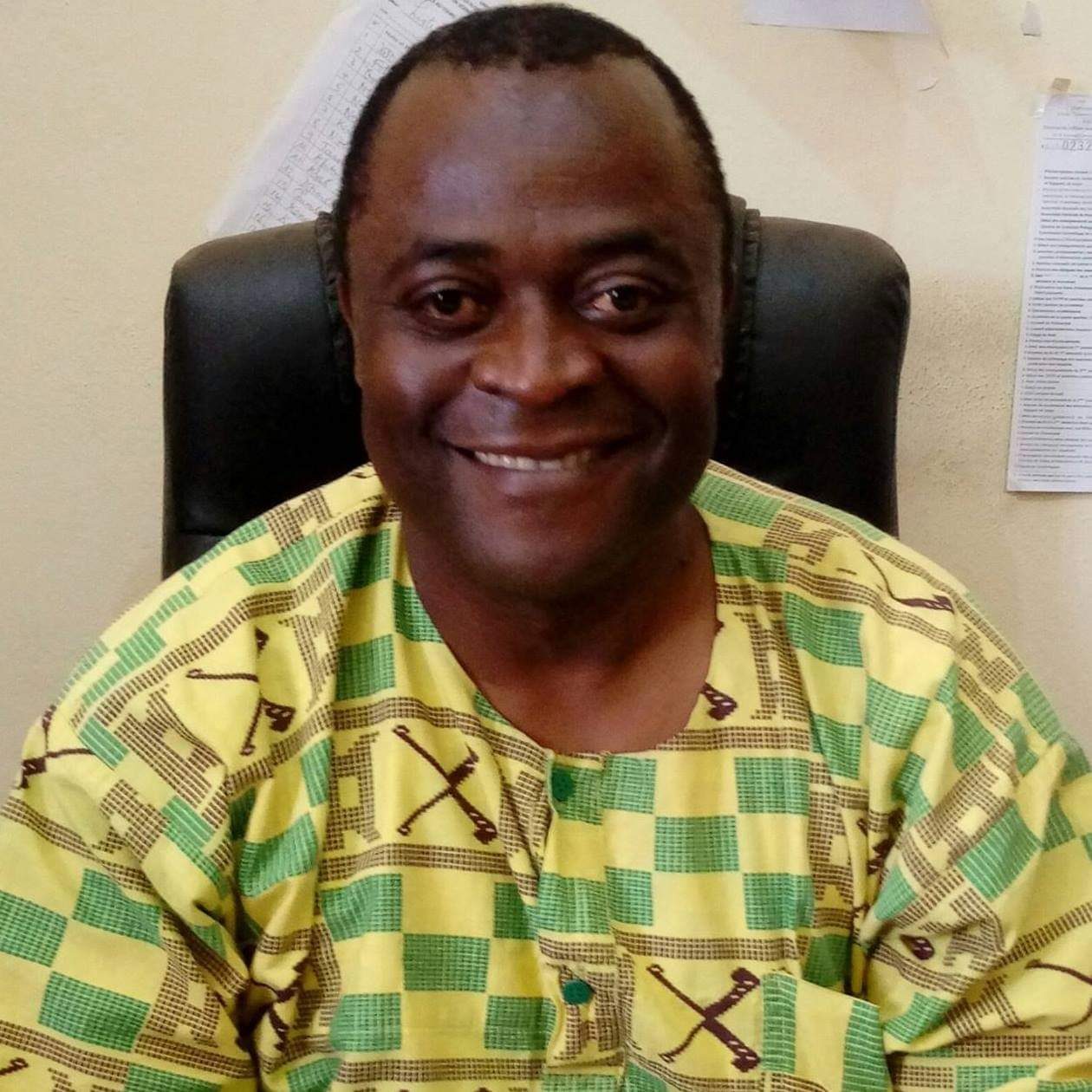Über zwei Jahre (2019–2022) erforschte ein Team aus Kamerun und Deutschland um die Projektverantwortlichen Dr. Karin Guggeis und Prof. Dr. Albert Gouaffo die Herkunft eines Museumsbestandes. Der Kolonialoffizier Max von Stetten brachte diesen 1895 aus der damaligen deutschen Kolonie Kamerun an die Ethnographische Sammlung des Königreichs Bayern (heute: Museum Fünf Kontinente). Dieser in Kamerun gedrehte und produzierte Dokumentarfilm zeigt das Team der Universität Dschang (Prof. Dr. Albert Gouaffo, Dr. Lucie Mbogni Nakeng, Yrine Karitou Matchinda) bei ihren Forschungen und Gesprächen im französischsprachigen Teil Kameruns. An den Forschungen beteiligt waren außerdem Prof. Dr. Joseph Ebune und Dr. Elvis Nkome Ngome. Gefördert wurde das Forschungsprojekt und der Film vom Deutschen Zentrum Kulturgutverluste und vom Bayerischen Staatsministerium für Wissenschaft und Kunst. Die Sammlung Max von Stetten – Perspektiven aus Kamerun, Produktion und Idee: Albert Gouaffo, Regie: Fridolin Ngoue, Copyright Museum Fünf Kontinente 2021.
